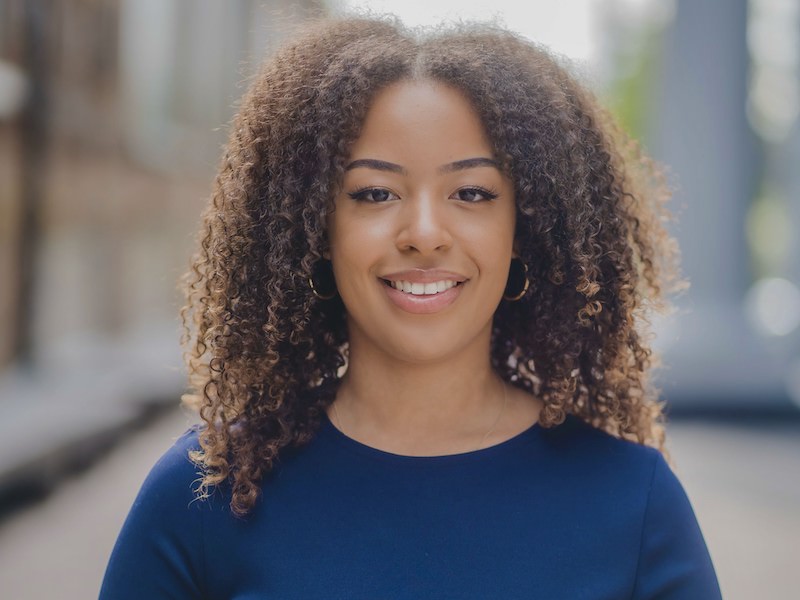I have always tried to be the best at what I do despite the odds that may be stacked against me.
My innate determination to positively impact the lives of others and rise to life’s challenges has led me to pursue a medical career. However, my journey has not been linear.
In 2016, I was unsuccessful my applications to medical schools, so I decided to take a gap year and reapply. I got a job as an NHS healthcare assistant and became the youngest employee to be awarded the ‘Make a Difference’ Award – a staff recognition scheme that highlights the hard work and dedication of individuals that exceed patient expectations. The patient and her family expressed that my kindness made their in-patient experience as comfortable as possible, and it made me reflect on what I could do to improve healthcare for patients within my various roles as a healthcare assistant, a medical student, and a doctor in a few years. Needless to say, working at a hospital is not easy. The NHS is undeniably understaffed and overworked – a damaging combination that is wearing away at staff morale and, in turn, affecting the patient experience. Throughout my journey, I have continued to ask myself how I can ‘make a difference’. I have tried to embody kindness in each of the lives I touch and hope to build sustainable and scalable solutions that positively transform health services so they can keep meeting the needs of patients and staff alike.
I used my earnings from that year to support my family and undertake medical school preparation courses. However, I realised that these expensive courses acted as a barrier to underprivileged students wanting to apply. Since then, I have become a champion for widening participation, supporting young people to pursue higher education, especially medicine, regardless of their socioeconomic background.
I do this by working as an ambassador for my university’s widening participation team and mentoring students through my own online platform: Progress with Jess. Sharing my experiences and achievements, whilst offering free medical school application support, has helped students from underrepresented backgrounds gain a place at medical school; inspired unsuccessful students to try again; and ensured that current medical students reach their full potential during medical school, to try and reduce the current attainment gap. I have also authored 2 e-books: ‘Relocating as a doctor abroad’ and ‘Demystified: funding your studies’ to widen access to information and opportunities for those wanting to progress in their respective careers.
Widening participation work is particularly close to my heart because I am currently a student on the King’s College London Extended Medical Degree Programme – a medical course that provides targeted additional support for those from disadvantaged backgrounds like mine to be able to train as doctors. It is with this support, especially financially, that I have been able to achieve my best academically. My dedication to widening access to higher education led to me being invited to 10 Downing Street to discuss the work that can be done to increase representation and cultural competence within the medical field. I have since been recognised as one of the top 150 outstanding students of African and/or Caribbean heritage by Future Leaders Magazine.
I have recently completed my 3rd year of medical school and I am currently intercalating in a master’s in Psychiatry at the University of Cambridge. I was awarded 3 scholarships alongside the NHS Bursary in 2021 to fully fund my studies. My research will focus on the effects of COVID-19 pandemic on the mental health of young people and their parents and aims to inform future government policymaking, education, and clinical practice.

